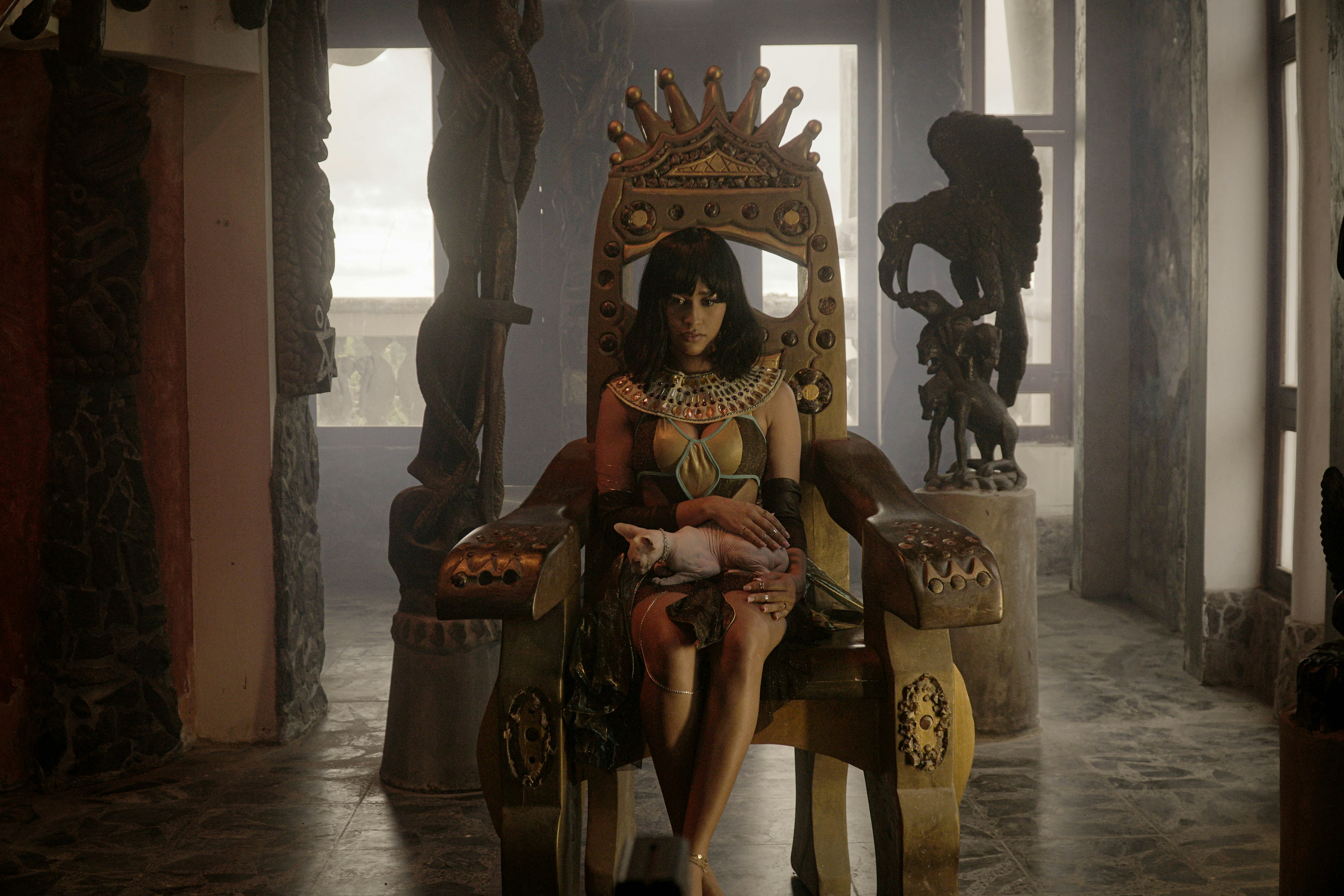The Evolution of Luxury: How It Has Shaped Society Over Time
Seician Aurel
Feb 12, 2025
The Evolution of Luxury: How It Has Shaped Society Over Time
Luxury is more than an industry—it’s a cultural force that has influenced societies for thousands of years. From the treasures of ancient civilizations to today’s digital exclusivity, luxury has always been a reflection of power, creativity, and social structure.
But what makes something luxurious? Is it rarity? Craftsmanship? Status? The answers have evolved, yet the essence of luxury remains the same: it is never just about utility—it is about meaning, identity, and aspiration.
Let’s take a journey through time and see how luxury has shaped the world we live in today.
The Origins of Luxury: Power and Divinity
Ancient Egypt & Mesopotamia (3000 BCE - 1000 BCE)
Luxury was first associated with gods, kings, and the afterlife. Egyptian pharaohs were buried with gold, fine perfumes, and elaborately crafted jewelry to take their wealth into eternity. The use of rare materials—lapis lazuli from Afghanistan, gold from Nubia—symbolized divine power and global trade even in ancient times.
Key Takeaway: Luxury was exclusive, meant only for the ruling elite, and used to separate the powerful from the ordinary.

The Roman Empire: Luxury as Status
By the time of the Roman Empire, luxury had become a political and social statement. The elite flaunted their status with silks from China, glass from Egypt, and spices from India, fueling the earliest form of globalization.
However, luxury was controversial. Thinkers like Seneca saw it as a sign of moral decay, while emperors used it to reinforce their power. This tension between luxury as progress vs. luxury as excess still exists today.
Key Takeaway: The concept of “good” vs. “bad” luxury was born—luxury could elevate society but also corrupt it.
The Renaissance: The Birth of Luxury Craftsmanship
With the Renaissance (14th-17th century), luxury became a celebration of human achievement. Art, fashion, and architecture flourished under the patronage of powerful families like the Medicis in Florence and the Bourbons in France.
During this period:
Luxury shifted from being only about materials to being about craftsmanship.
The first true luxury brands emerged—Venetian glassmakers, Florentine goldsmiths, and Parisian tailors set new standards.
Luxury was no longer just for kings—it was for the educated, cultured elite.
Key Takeaway: The Renaissance gave birth to the idea that luxury should be about art, creativity, and innovation, not just wealth.

The 19th & 20th Century: The Rise of Luxury Brands
With industrialization, something unexpected happened: luxury became more structured and accessible. This led to:
The emergence of iconic luxury houses—Louis Vuitton (1854), Cartier (1847), Chanel (1910), and Rolls-Royce (1906).
Luxury shifted from being purely aristocratic to being aspirational. Now, the rising middle class could own symbols of success.
Hollywood & celebrity culture made luxury desirable to the masses.
At the same time, brands had to balance exclusivity and accessibility—a challenge that continues today.
Key Takeaway: Luxury transformed from being limited to the elite to being a dream that many could aspire to.
The Modern Era: The Digital & Experiential Luxury Revolution
Luxury today is no longer just about objects—it is about experiences, identity, and personalization.
The rise of digital luxury: From NFTs to limited-edition sneakers, exclusivity has moved online.
Experiential luxury dominates: High-net-worth individuals value privacy, unique travel, and bespoke services over material goods.
Sustainability & ethics: Conscious consumers demand luxury brands to be environmentally and socially responsible.
Luxury has come full circle—just as it once symbolized divine power, today it represents personal expression and meaning.
Key Takeaway: The future of luxury isn’t just about having—it’s about belonging to an exclusive, meaningful universe.
Why Luxury Will Always Matter
Throughout history, luxury has:
Created legacy (true luxury brands outlive trends and generations).
Driven innovation (many technologies, from perfumes to cars, started in luxury)
Defined cultural identity (art, fashion, and architecture are influenced by luxury).
But most importantly, luxury is about more than price—it is about what it represents.
So, the next time you see a luxury product or experience, ask yourself: Is this just expensive, or does it tell a story?

Educational
Related posts
Ads
Oct 16, 2024
Facebook & Google ads
Launching Your First Ad: A Step-by-Step Guide to Facebook & Google Ads"
Read blog post
Design
Oct 12, 2024
Design
Why Design Matters: How Great Design Sets Your Business Apart
Read blog post
Personal brand
Oct 2, 2024
Personal brand
Building Your Brand Online: Steps to Stand Out in a Crowded Market
Read blog post
Business
Sep 20, 2024
Digital products
Selling Digital Products: How to Create, Market, and Profit in the Digital Era"
Read blog post
Digital marketing
Sep 9, 2024
Marketing
Digital Marketing Unleashed: Why It’s the Key to Growing Your Business Online"
Read blog post
e-Commerce
Sep 4, 2024
E-Commerce
Starting E-commerce: Your Ultimate Guide to Building a Profitable Online Store"
Read blog post

Create, build & sell.
Ready to achieve more?
Connect with us and start your digital empire.
2024 AgencyBox, All rights reserved
Made in Framer






